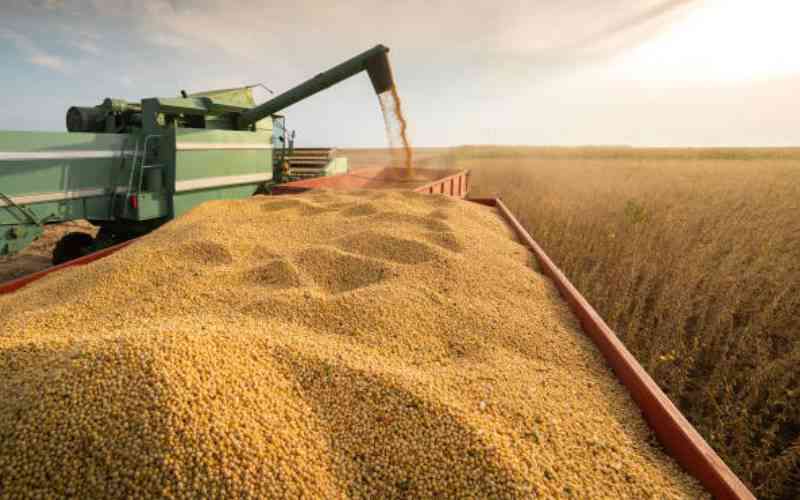
Malnutrition is a global health challenge that contributes to death and disease worldwide. Micronutrient malnutrition, which refers to deficiencies in essential vitamins and minerals, hinders economic growth and perpetuates underdevelopment.
These deficiencies have lifelong effects on health, learning, and productivity, affecting over two billion people globally. Vitamin A deficiency alone is responsible for 1.4 per cent of all deaths globally, and hundreds of thousands of children are at risk of blindness due to this deficiency.